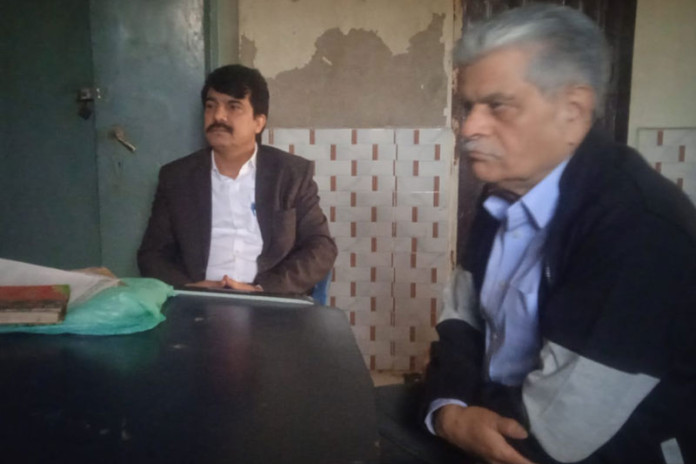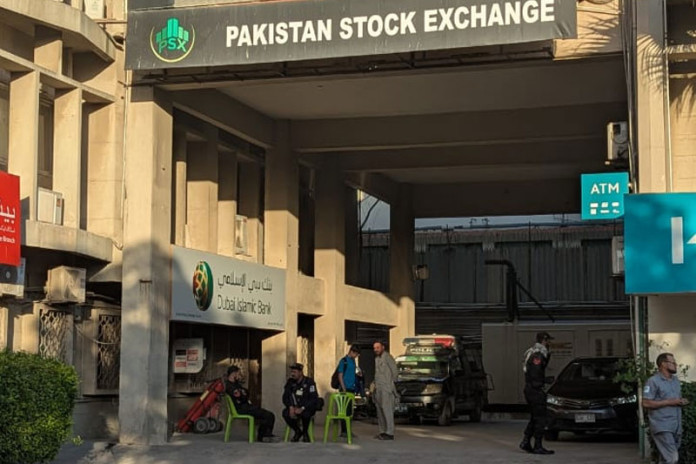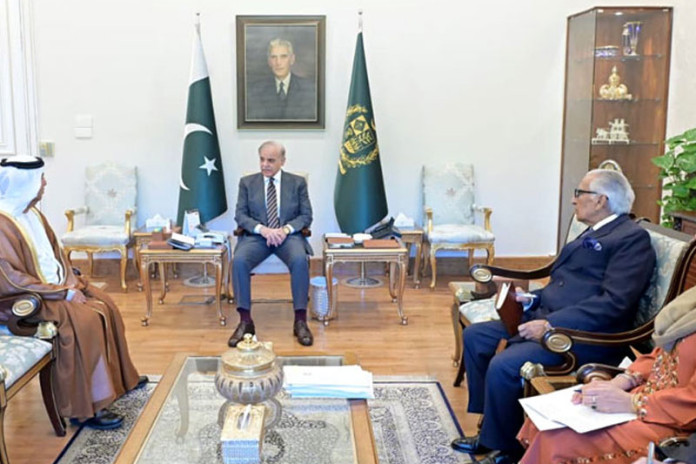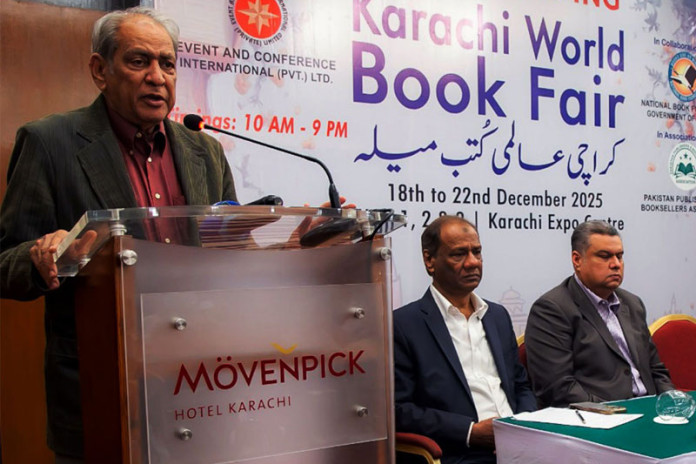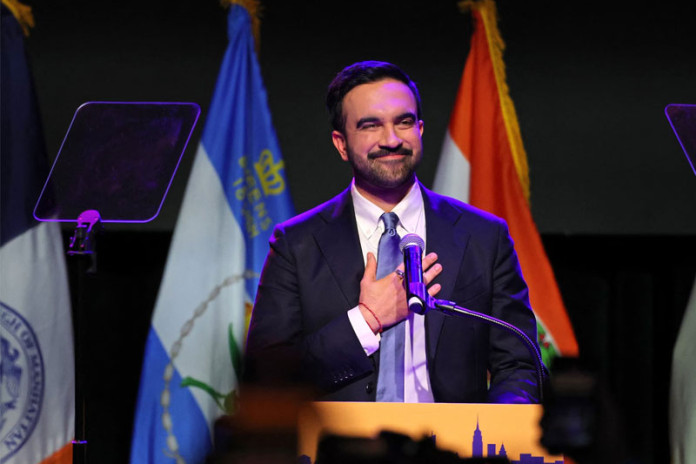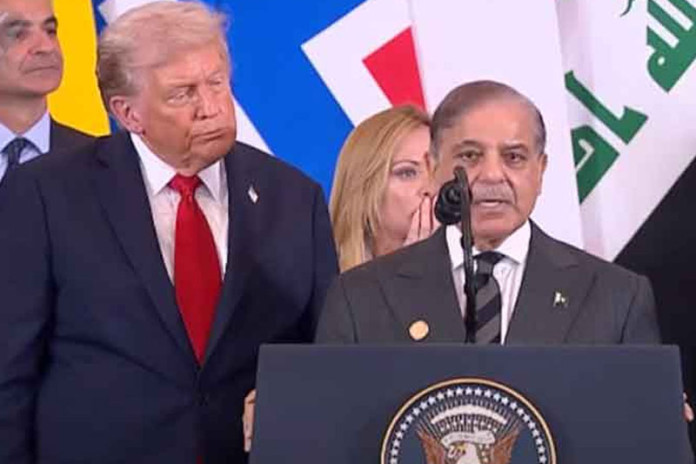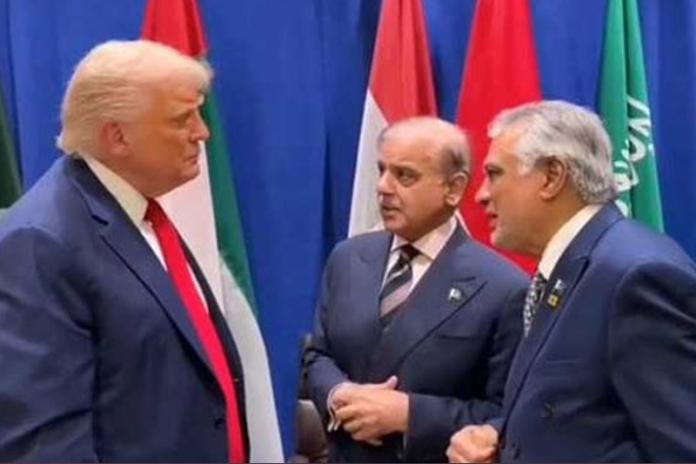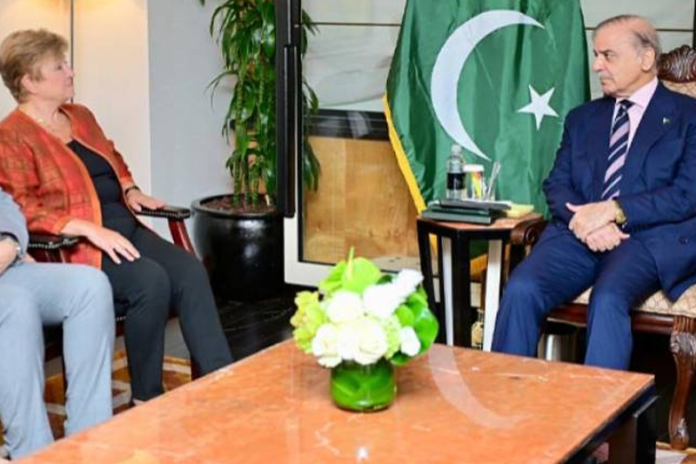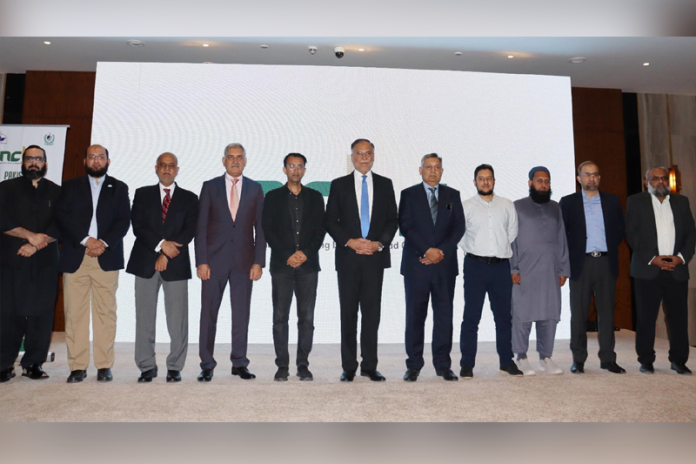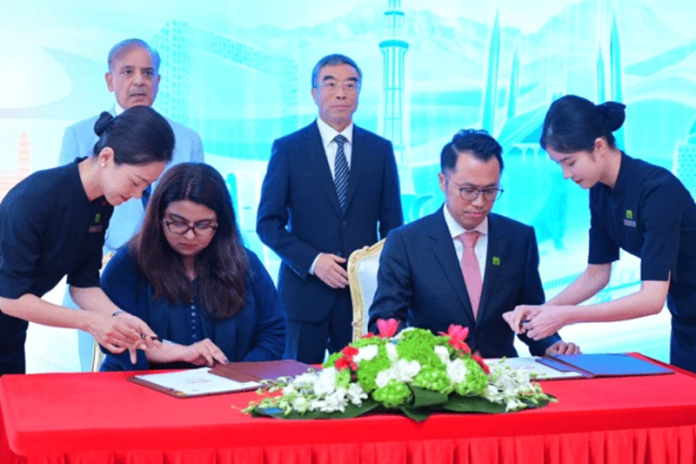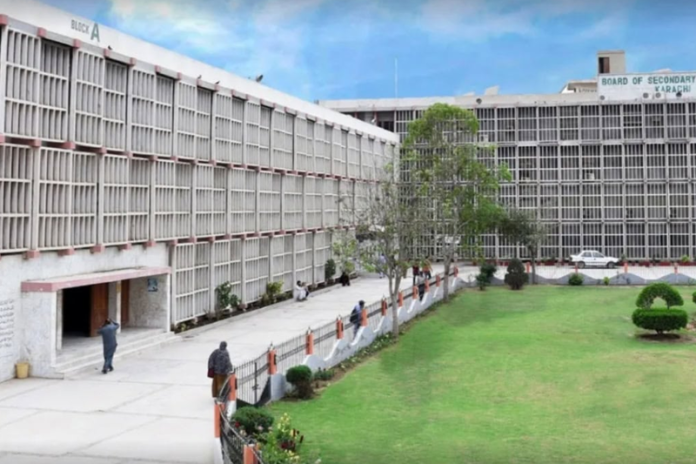FPCCI demands end to curtailments for 12 wind power projects with low tariff
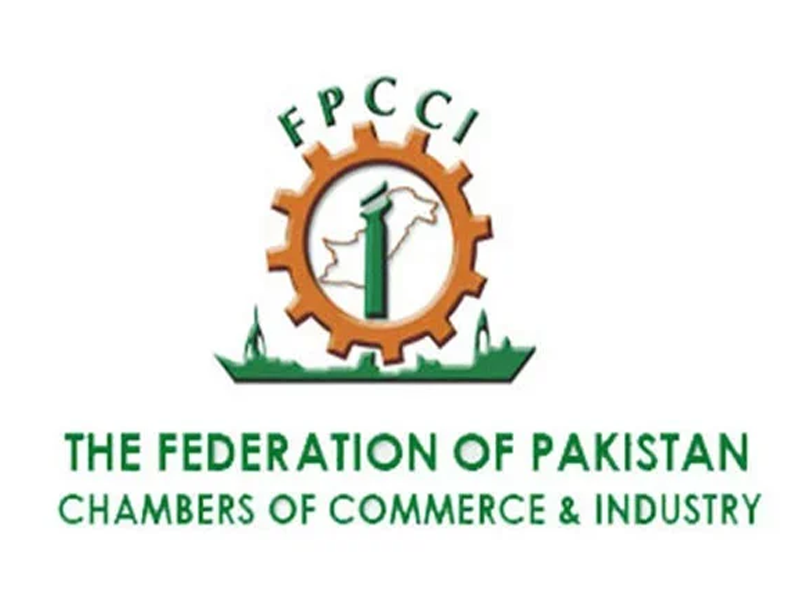
- 341
- 0
KARACHI: Atif Ikram Sheikh, President of the Federation of Pakistan Chambers of Commerce & Industry (FPCCI), has raised serious concerns over the ongoing curtailment of 12 wind power projects despite their cost-effectiveness and alignment with national energy goals.
He criticized the continued preference for expensive and obsolete power sources, urging the government to adhere to the Renewable Energy Policy 2006. Mr. Atif Ikram Sheikh highlighted that these curtailments are leading to significant financial losses for wind energy project developers, affecting their ability to service debts, maintain operations, and achieve a reasonable return on investment (ROI). This, in turn, threatens future expansions in the sector. The FPCCI chief also warned that such curtailment issues could severely impact investor confidence, directly affecting future foreign direct investment (FDI) in the renewable energy sector. He emphasized that project defaults and financial instability could arise if corrective measures are not taken.
He stressed the need to create a stable, consistent, and supportive environment for renewable energy, aligning with the Special Investment Facilitation Council's (SIFC) focus on the energy sector. Meanwhile, Fawad Jawed, Convener of FPCCI's Central Standing Committee on Renewable Energy, underscored the economic and environmental advantages of wind power. He noted that wind energy in Pakistan provides clean, affordable electricity at a tariff of PKR 13.8 per kWh, significantly lower than RLNG, RFO, and coal-fired plants. He further explained that 12 wind power projects in the Jhimpir Wind Corridor, with a combined capacity of 610 MW, have been commissioned since 2021. However, these "must-run" plants, designated under the Renewable Energy Policy 2006, face frequent curtailments and reduced offtake, leading to a loss of cheap electricity for the nation. Mr. Jawed warned that such curtailments undermine Pakistan's sustainable energy goals, hindering efforts to achieve a 50% emissions reduction by 2030 and a 30% renewable energy share in the national grid, as outlined in the Alternative & Renewable Energy Policy 2019.
In the interest of the national economy and power consumers, FPCCI demands an immediate and lasting end to these curtailments and calls for honoring existing Energy Purchase Agreements (EPAs).


